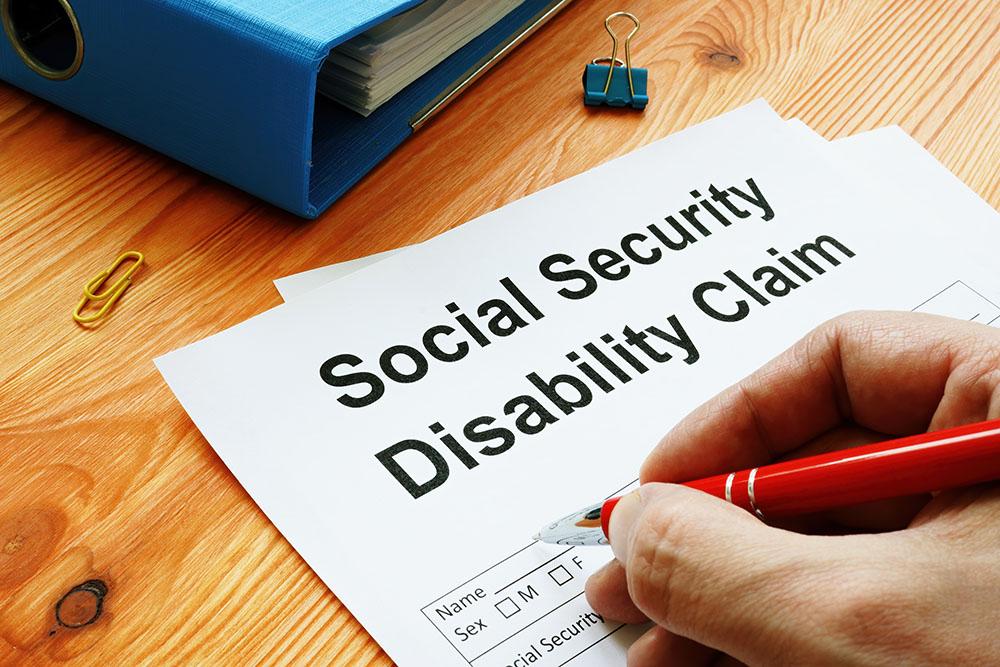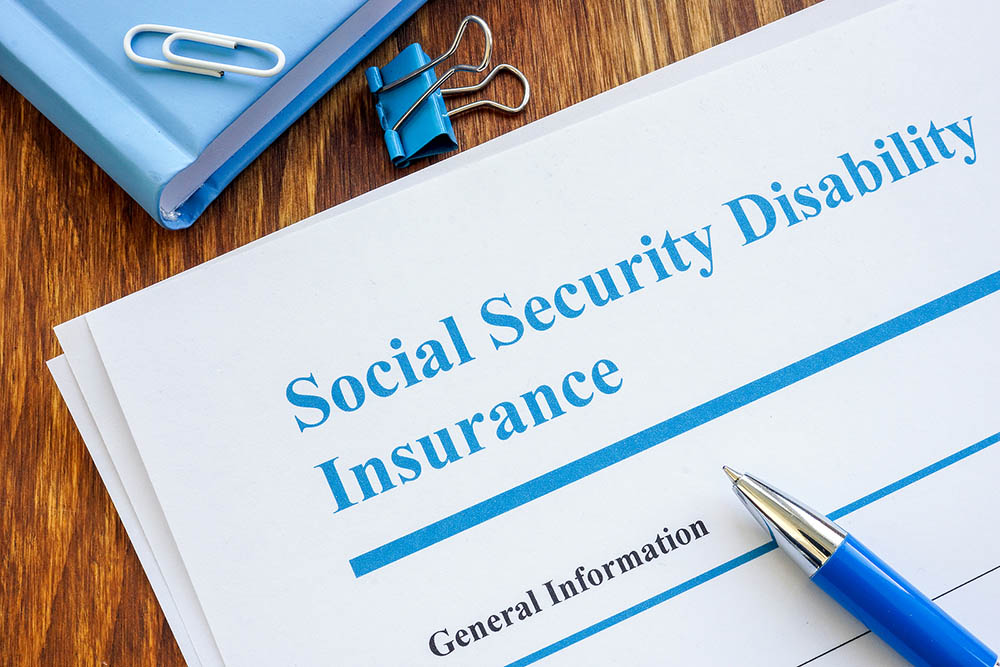In educational settings, everyone has the right to feel safe and protected. Unfortunately, sexual abuse can and does happen, impacting the lives of many students. It’s important to know your legal rights and understand how to take action if you or someone you know becomes a victim of sexual abuse in a school or other educational environment.
Sexual abuse leaves deep scars, affecting not just the victim but their families and friends. However, knowing your legal rights can provide a path to justice and healing. Schools and educational institutions have responsibilities to protect their students from harm and must be held accountable if they fail.
Understanding Legal Rights in Educational Settings
Students have the right to learn in a safe environment, free from abuse. Schools have a duty to protect their students from harm, including sexual abuse. Knowing your legal rights is the first step in safeguarding yourself or someone you know.
Educational institutions are required by law to provide a secure learning environment. This includes taking steps to prevent sexual abuse and responding promptly if it happens. Schools must have policies in place for reporting and addressing abuse allegations. These policies should be clearly communicated to both students and parents.
Title IX is a federal law that protects students from sex-based discrimination, including sexual harassment and abuse. Under Title IX, schools are obligated to investigate and resolve complaints of sexual abuse promptly and fairly. This law applies to all educational institutions that receive federal funding, covering most schools and colleges.
If a school fails to protect students or mishandles reports of sexual abuse, it can be held legally accountable. Victims have the right to file complaints with the U.S. Department of Education’s Office for Civil Rights. Understanding these legal protections ensures that victims can seek justice and hold institutions responsible for their actions.
Steps to Take if You Are a Victim of Sexual Abuse
If you or someone you know is a victim of sexual abuse in an educational setting, it’s important to take immediate steps to ensure safety and seek help. Here are some essential actions to consider:
1. Report the Abuse:
– Tell a trusted adult, such as a teacher, school counselor, or parent. Reporting the abuse is crucial for getting help and preventing further harm. Schools are required to take these reports seriously and act promptly.
2. Document Everything:
– Keep a detailed record of the abuse, including dates, times, places, and any witnesses. Documenting what happened can be vital for any investigations and legal actions.
3. Seek Medical and Emotional Support:
– Visit a healthcare provider for medical care and advice. Counseling and support services are also important for emotional healing. Many schools have counselors available, or you can find outside mental health services.
4. File a Formal Complaint:
– Follow the school’s procedure for filing a formal complaint. This usually involves submitting a written report to the school administration. If the school does not take action, you can file a complaint with the U.S. Department of Education’s Office for Civil Rights.
5. Consult a Legal Professional:
– Talk to a lawyer specializing in personal injury or educational rights. They can provide guidance on your legal options and help you navigate the process.
6. Inform Law Enforcement:
– In serious cases, report the abuse to the police. Law enforcement can conduct a criminal investigation and take actions to protect you from further harm.
Taking these steps can help ensure that the abuse is addressed properly and that victims receive the support and justice they deserve. It’s important to act quickly and use all available resources to protect yourself and others.
Resources and Support Available for Victims
If you or someone you know has been a victim of sexual abuse in an educational setting, numerous resources and support options are available to help you. These resources can provide the necessary assistance for emotional healing, medical care, and legal guidance.
Counseling Services:
Many schools offer on-campus counseling services where students can receive emotional support and therapy. If your school does not provide this, look for local community centers or mental health organizations that offer free or low-cost counseling. Talking to a professional can help you process your emotions and start the healing process.
Support Groups:
Support groups specifically for sexual abuse survivors can offer a safe space to share experiences and receive encouragement from others who have gone through similar situations. These groups often meet in person or online, providing flexible options for participation.
Hotlines and Crisis Centers:
There are several national and local hotlines available around the clock. These hotlines can provide immediate support and advice. Crisis centers can also offer various services, including emergency shelter, medical care, and legal assistance.
Legal Aid Organizations:
If you need legal advice but cannot afford a private attorney, legal aid organizations can help. These organizations offer free or low-cost legal services to individuals in need. They can assist with filing complaints, navigating the legal system, and understanding your rights.
By utilizing these resources, victims of sexual abuse can find the support they need to begin their recovery. Knowing where to turn and who to contact can make a significant difference in dealing with the aftermath of abuse.
Legal Actions and Remedies Victims Can Pursue
Victims of sexual abuse in educational settings have several legal actions and remedies available to them. Understanding these options can help victims seek justice and hold responsible parties accountable.
Filing a Lawsuit:
One of the primary legal actions victims can take is filing a civil lawsuit against the abuser and potentially the educational institution. This can include suing for damages related to emotional distress, medical expenses, and loss of education opportunities. Working with an experienced attorney can help navigate this complex process.
Title IX Complaints:
Under Title IX, victims can file a complaint with their school’s Title IX coordinator. Schools are required to investigate these complaints and take appropriate actions to address and prevent further abuse. If the school fails to handle the complaint adequately, victims can also file a complaint with the U.S. Department of Education’s Office for Civil Rights.
Criminal Charges:
Victims can report the abuse to law enforcement, leading to criminal investigations and charges against the perpetrator. Criminal proceedings can result in jail time for the abuser and serve as a deterrent for others.
Protective Orders:
Victims can seek protective orders or restraining orders against their abuser. These orders can legally require the abuser to stay away from the victim, providing a layer of safety and security.
Mandatory Reporting Laws:
In some states, educators and school staff are required by law to report suspicions of abuse to child protective services or law enforcement. Victims can ensure their case is reported by contacting these authorities directly.
Taking these legal actions can help victims achieve justice and obtain compensation for their suffering. It also promotes accountability and helps protect other students from potential harm.
Conclusion
Navigating the aftermath of sexual abuse in educational settings is overwhelming. However, knowing your legal rights and taking the appropriate steps can help victims seek justice and begin healing. Utilize available resources, seek support, and explore your legal options to find the best path forward.
At Greg Jones Law, P.A., we are dedicated to guiding victims through this difficult time. If you’re looking for a sexual abuse attorney near you, our skilled team is here to handle your sensitive case, ensuring justice is served and your rights are protected. Contact Greg Jones Law, P.A. today to learn how we can help you in your journey to recovery and justice.




